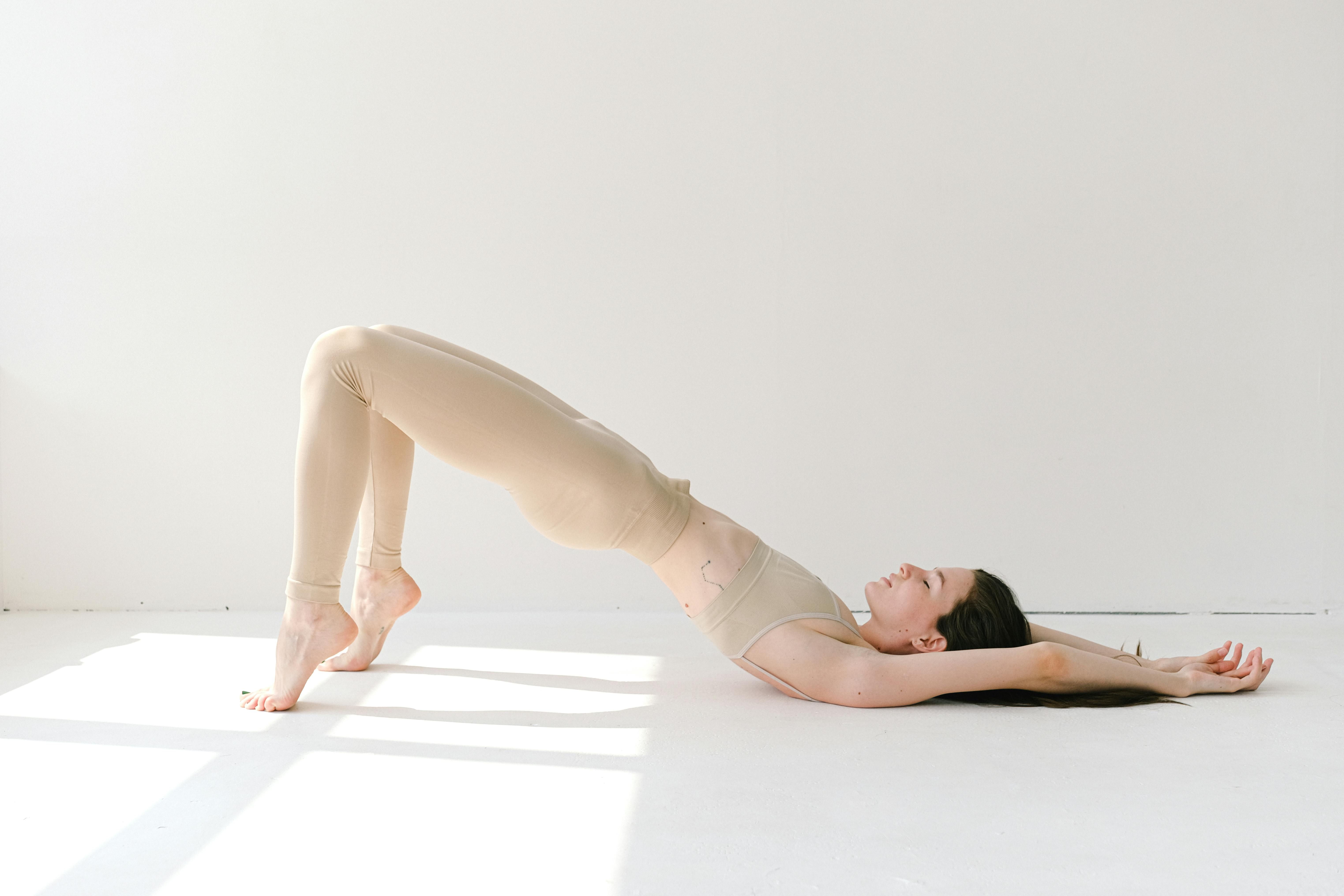
How Women with ADHD Can Manage Relationships: Effective Communication and Conflict Resolution
For women with ADHD, navigating relationships—whether romantic or platonic—can present unique challenges. ADHD symptoms like distraction, impulsivity,...

While Cognitive Behavioral Therapy (CBT) focuses on challenging unhelpful thought patterns, combining it with mindfulness practices can take emotional regulation and stress management to the next level. For women juggling work, family, and personal goals, this combination can help reduce stress and improve overall well-being by fostering a more balanced mental state.
Let’s explore how integrating mindfulness into CBT can empower women to navigate daily challenges with greater ease, clarity, and emotional resilience.

Mindfulness is the practice of being fully present and aware of your thoughts, feelings, and sensations without judgment. When combined with CBT, mindfulness helps women become more aware of their negative thought patterns, allowing them to address these thoughts in real time. It enhances CBT by fostering emotional awareness, making it easier to regulate emotions and respond to challenges calmly.
Research Insight: A study published in Psychiatric Clinics of North America found that combining mindfulness with CBT significantly reduces symptoms of anxiety, depression, and stress in women, particularly in high-stress environments like the workplace.
Mindfulness practices like deep breathing, body scanning, and focused attention can help women recognize their emotions before they escalate. When stressful situations arise, mindfulness allows women to pause, observe their feelings, and respond thoughtfully instead of reacting impulsively.
Incorporating mindfulness into CBT enhances women’s ability to track their emotions. Instead of letting negative emotions spiral, mindfulness encourages awareness of thoughts and feelings as they arise. This helps women identify their emotional triggers and work with them before they escalate into stress or anxiety.
Tip: Practice a simple mindfulness breathing exercise when you feel overwhelmed. Take slow, deep breaths, focusing only on your breath. This can help calm your mind and give you space to respond rather than react to difficult situations.
Example: If you’re feeling anxious about an upcoming presentation, mindfulness teaches you to observe the anxiety without judgment and recognize it as a temporary emotion. Instead of spiraling into self-doubt, you can use CBT to challenge thoughts like “I’m going to fail” and replace them with, “I’m prepared and capable.”
For women who face daily stress from juggling responsibilities, combining mindfulness with CBT provides effective tools for stress management. While CBT helps you challenge negative thoughts that cause stress, mindfulness gives you the tools to stay grounded in the present.
Stressful thoughts often come with cognitive distortions—irrational beliefs that can make situations feel worse than they are. Mindfulness encourages women to recognize these distortions without getting caught up in them, while CBT helps restructure these thoughts to be more balanced.
Research Insight: A study in PLOS ONE showed that women who used mindfulness alongside CBT experienced greater reductions in work-related stress, leading to improved well-being and emotional resilience.
Tip: When stress starts to build, use a mindfulness technique like body scanning, where you mentally focus on each part of your body, noticing any tension and releasing it. This helps shift focus away from stressful thoughts and back to the present moment.

Resilience is the ability to bounce back from challenges, and it’s something every woman can strengthen with the right tools. Mindful CBT helps women build resilience by encouraging them to adopt a more flexible mindset and increasing their tolerance for discomfort.
Mindfulness teaches acceptance—allowing women to experience emotions without trying to suppress or avoid them. This complements CBT’s focus on challenging negative thoughts. Instead of fighting or fleeing from difficult emotions, women can learn to accept them and respond in ways that align with their values.
Tip: When you encounter a challenging situation, ask yourself, “Can I observe what I’m feeling without reacting right away?” This mindful pause helps you stay grounded and respond thoughtfully.
Example: If you’re navigating a difficult conversation with a friend or coworker, mindfulness helps you stay present, while CBT encourages you to challenge thoughts like, “I can’t handle this,” and replace them with, “I’m capable of having a difficult conversation.”
Q: What is Mindfulness, and how does it enhance CBT?
A: Mindfulness is the practice of staying present in the moment without judgment. When combined with Cognitive Behavioral Therapy (CBT), mindfulness enhances emotional awareness, helping women become more aware of their thoughts and feelings before they escalate. This combination helps women regulate emotions, manage stress, and respond to daily challenges more effectively.
Q: How does mindfulness help with emotional regulation?
A: Mindfulness teaches women to pause and observe their emotions without reacting impulsively. This creates space to respond thoughtfully rather than letting emotions spiral. When paired with CBT’s cognitive restructuring techniques, mindfulness allows women to address stress triggers and negative thought patterns in a more grounded way.
Q: Can mindfulness and CBT reduce stress for women juggling work and personal responsibilities?
A: Yes, integrating mindfulness into CBT provides practical strategies for reducing stress. Mindfulness helps women stay present and avoid overwhelm, while CBT helps challenge negative thoughts that contribute to stress. Together, they offer a comprehensive approach to managing stress in various life areas.
Q: What are some mindfulness techniques used in combination with CBT?
A: Common mindfulness techniques include deep breathing, body scanning, and focused attention. These practices help women stay grounded, reduce stress, and become more aware of their thoughts and feelings, allowing for better emotional regulation during challenging situations.
Q: How can I get started with mindful CBT?
A: You can start by practicing basic mindfulness exercises, such as focusing on your breath when you feel stressed. Combining this with CBT techniques, like identifying cognitive distortions and restructuring negative thoughts, can help create a balanced, mindful approach to managing stress and emotional challenges. It is best to work with a therapist trained in CBT and mindfulness to develop a personalized plan.
The content in this article is for informational purposes only and does not constitute medical or psychological advice. While Cognitive Behavioral Therapy (CBT) and mindfulness practices are effective tools for managing stress and emotional regulation, they should be applied by a licensed mental health professional. Individual results may vary, and it is important to seek personalized guidance from a therapist for any mental health concerns. Always consult with a healthcare provider or therapist before beginning any new mental health treatment or practice. This article does not replace professional therapy or diagnosis.
By combining the strengths of mindfulness and CBT, women can develop more effective strategies for managing stress, regulating emotions, and building resilience in the face of life’s challenges. Whether it’s dealing with workplace pressures or personal struggles, mindful CBT empowers women to stay grounded, reduce anxiety, and respond with clarity.
Takeaway: Mindful CBT offers practical, research-backed tools that can help you manage stress and improve emotional well-being.
Embrace it: Through mindful CBT, you can strengthen your emotional resilience and navigate life’s daily stressors with greater ease and awareness.

For women with ADHD, navigating relationships—whether romantic or platonic—can present unique challenges. ADHD symptoms like distraction, impulsivity,...

Managing time can be a challenge for anyone, but for women with ADHD, time management often feels like an insurmountable task. ADHD can make it diffic...

Relationships—whether romantic, familial, or friendships—are central to our emotional well-being. But navigating these relationships can sometimes fee...

For many women, trauma is a deeply personal experience that can impact emotional well-being, relationships, and overall quality of life. From childhoo...

Career-related stress is something most women face at some point in their professional lives. The balancing act between personal and professional resp...